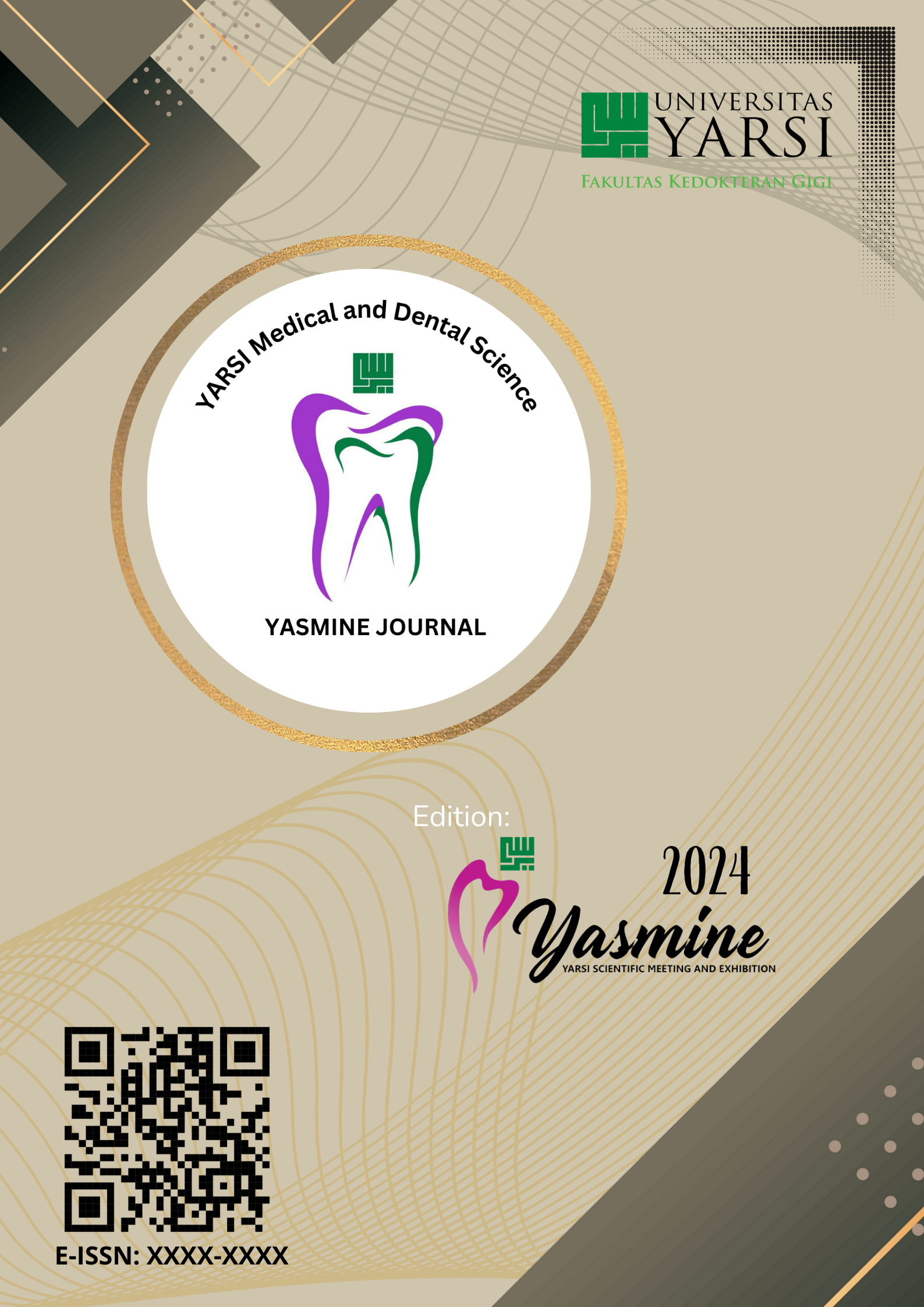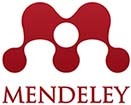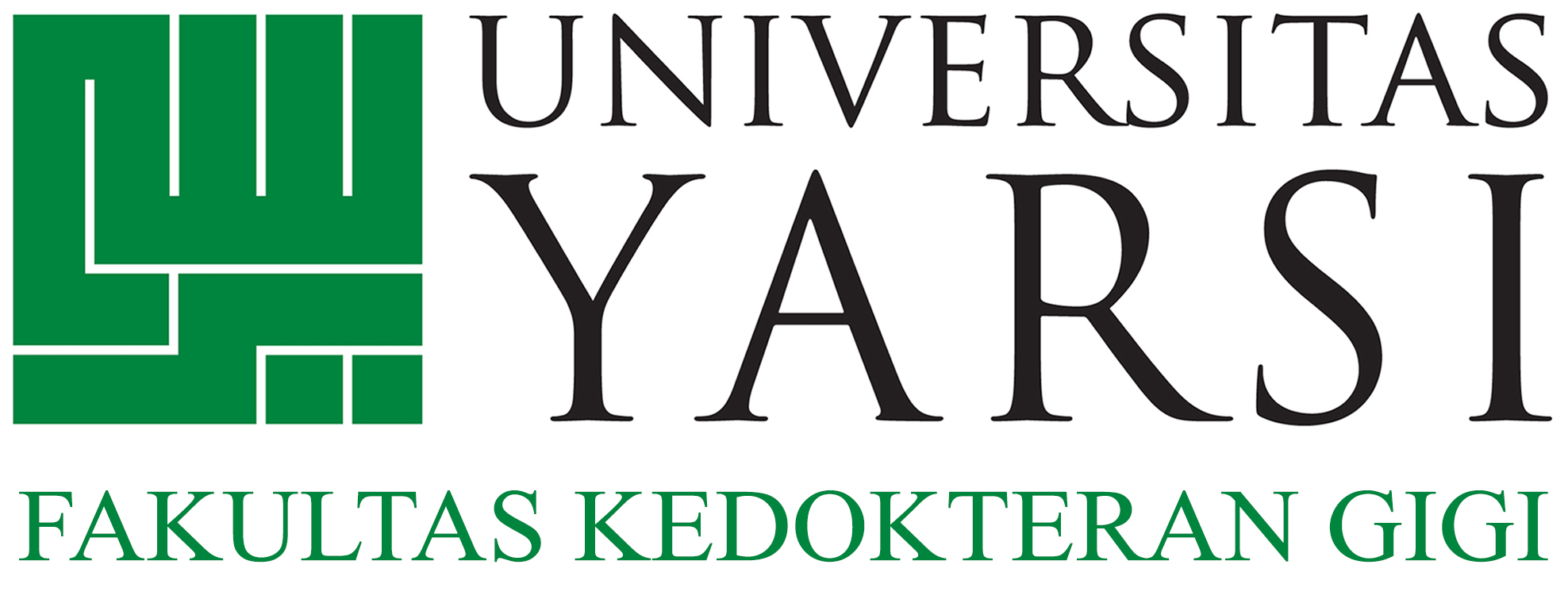Comparison of Age Identification Method using the Third Molar between the Modified-Demirjian Method and the Harris and Nortje Method
Abstract
Abstract
Background: Identification in forensic medicine is done to find out someone's identity.
Identification using teeth is part of the science of forensic odontology and is one of the primary
identification methods. One of identification type that can be done on the teeth is using age
estimation. Age estimation using third molars can be done using Harris and Nortje, and
Modified-Demirjian. Autopsies are permissible for law enforcement and medical and dental
sciences development. Objective: To find out the differences in the results of the estimation of
dental age and chronological age using the Modified-Demirjian method and Harris and Nortje.
Research Methods: This type of research is an analytic observational study with a crosssectional design. The sample for this study was 25 patients who had taken radiographic
photographs at RSGM YARSI, Central Jakarta. The study used a single-blind method where one
of the researchers and research respondents did not know the sample radiograph which would be
analyzed. Results: there was no significant difference between chronological age and dental age
using the Harris and Nortje method (p=0.58). There was no significant difference between
chronological age and dental age using the Modified-Demirjian method (p=0.65). Conclusion:
estimating age using teeth requires more than 1 method, especially if uses third molars
Keywords: Chorological age, dental age, modified-Demirjian method, Harris and Nortje
method
References
Valck E, ‘protocols for dental am data management in disaster victim identification’, J
forensic sci & criminal inves. 2017;4(4): 001-009
Larasati A, Irianto M, & Bustomi E, Peran pemeriksaan odontologi forensik dalam
mengidentifikasi identitas korban bencana masal. Majorty. 2018;7(3): 228-233
Krishan K, Kanchan T & Garg AK, Dental Evidence in Forensic Identification – An
Overview, Methodology. The Open Dentistry Journal. 2015;9: 250.
Panchabhai A, Dental radiographic indicators, a key to age estimation. The British
Institute of Radiology, 2011;4(2): 199-212
Tomás LF, et al. The accuracy of estimating chronological age from Demirjian and Nolla
methods in a Portuguese and Spanish sample.BMC Oral Health. 2014;14(1): 1–12
Annariswati I, et. al. Estimasi usia berdasarkan erupsi gigi molar ketiga pada etnis
Tionghoa di Surabaya. 2015;17(2): 66-72.
Auliyah N, & Riewpassa I, 2016 ‘estimasi usia berdasarkan gambaran radiografi
panoramic gigi pada metode harris dan nortje’.2016; 1(1)
Thevissen P, Fieuws S, Willems G, Human third molar development: Comparison of 9
country specific populations. Forensic Science International. 2010;201: 102-105
Downloads
Published
How to Cite
Issue
Section
License
Copyright (c) 2024 Farhan Iskandar, Moch Atmaji Windrianto, Dharma Satya Aprianto, Toto Heriyanto

This work is licensed under a Creative Commons Attribution-ShareAlike 4.0 International License.

This work is licensed under a CC Attribution-ShareAlike 4.0

 Farhan Iskandar
Farhan Iskandar
 Universitas YARSI
Universitas YARSI





